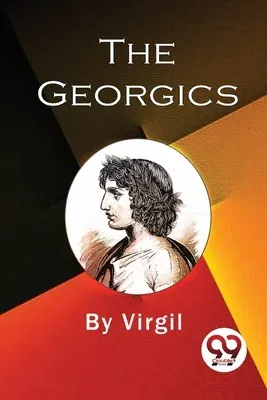A poem by the Latin author Virgil called The Georgics was probably
released around 29 BCE. The poem's focus is agriculture, as implied by
its title, but it is far from being a serene country poem; rather, it is
a work marked by conflicts in both theme and aim. The Georgics, which
came after Virgil's Eclogues and before the Aeneid, is regarded as his
second significant work. The poem incorporates a number of earlier
sources, and from antiquity to the present, it has impacted numerous
authors. The yearly timings determined by the rising and setting of
specific stars were accurate during Virgil's time because of precession,
but they are not always accurate today. The ancient Greek poet Hesiod,
whose poem Works and Days shares with the Georgics the themes of man's
relationship to the land and the value of hard effort, serves as
Virgil's model for writing a didactic poem in hexameters. The lost
Georgics of the Hellenistic poet Nicander might perhaps have had a
significant impact. Other Greek authors served as Virgil's inspiration
and technical informational sources, including the Hellenistic poet
Aratus for astronomy and meteorology.


